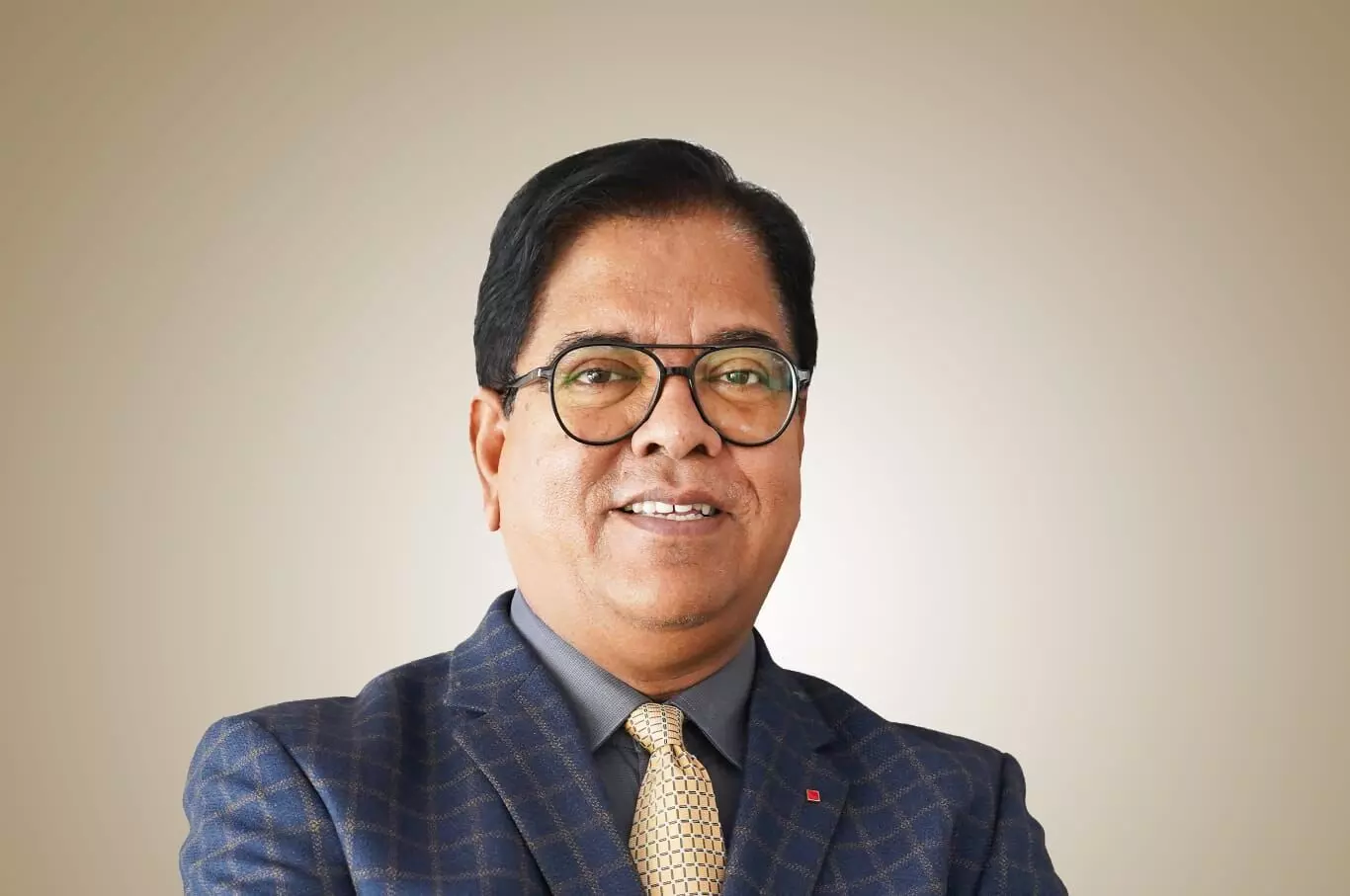CEO speaks: AI in Elections: Unveiling Opportunities Amidst Challenges

With parliamentary elections in India round the corner, and the US presidential election scheduled for November, 24, it presents a rather opportune moment to consider how AI is reshaping the electoral process, not only in India but around the world. By this year’s end, countries accounting for over 60% of the world’s economic output and more than half of its population would have voted. And in this election packed year, AI continues to dominate election headlines around the world. As with any powerful new tool that the humans have ever invented, there are both positive and negative implications to consider.
Perhaps the most alarming aspect of AI’s role in elections is the potential for malicious actors and nations to exploit the power of AI tools to manipulate electoral outcomes. From deepfake videos of political leaders and incidents to social media bots spreading disinformation, the weaponisation of AI poses a significant threat to the integrity of democratic elections worldwide and India continues to be in the crosshairs of enemy nations.
Hyper realistic deepfakes, powered by increasingly sophisticated and widely available AI tools like DeepFaceLab, FaceSwap, Wav2Lip and ReFace, are extremely difficult to detect and undermine trust not only in the individual/s being targeted, but in visual and audio media in general. Multiple instances of such online misinformation campaigns have been reported worldwide, including in India. And with 659 million plus smartphone users— the overwhelming majority of whom devour audio visual content over social media—India remains particularly at risk! India has 517 million Instagram users, followed by 493 million Facebook and 400 million plus WhatsApp users!
The proliferation of AI in elections also raises legitimate concerns regarding data privacy, manipulation, and bias. In India, where data protection laws are still evolving, the collection and utilisation of voter data by political parties and external entities pose significant risks. Without robust regulations and oversight mechanisms, there’s a danger of misuse, such as micro-targeting voters with misleading information or amplifying divisive narratives to sway public opinion.
However, we need to look beyond the doom and gloom portrayal of AI in the election process, which, unfortunately, seems to be the major point of discussion across news media. AI algorithms can analyse vast amounts of data to identify voter preferences and predict electoral outcomes with remarkable accuracy. This can enable political parties to tailor their campaigns more effectively addressing the specific concerns and interests of diverse demographics.
AI also has the potential to revolutionise the electoral landscape, particularly in countries like India where millions struggle with outdated and inefficient voting systems. Since 2005, Estonian citizens have had the option to vote online in parliamentary elections. Their system, called i-Voting, allows voters to cast their ballots securely using an electronic ID card and PIN code. In India, since 2007, NSDL has implemented its e-voting system that allows shareholders to cast their votes electronically at AGMs without the need to physically attend the meeting.
Can we not envision a similar system where urban, tech-savvy Indians can cast their votes securely from the comfort of their homes using AI-based apps on their phones or portals? Or walk into nearby malls and metro stations to cast their votes on AI enabled voting systems installed there? Such platforms could incorporate advanced identity verification measures such as retina scans or facial recognition and cross-verify with the UIDAI or similar databases to ensure the integrity of the voting process.
I am certain that achieving this shall be a herculean task but are we Indians not accustomed to achieving the impossible by now? The Aadhaar programme seemed impossible once, and so did the UPI implementation. But we successfully achieved both and now enjoy being felicitated by world powers for our achievements! Our passports are digitised, so are our vehicle records. Just imagine the thousands of crores that the country will save if such an election system can be implemented, only in urban India to start with. The 2019 general election alone cost us Rs 55,000 crores that was 85% of the Union Healthcare Budget for that year! Add the money spent on state and local body elections and the figure shall be astronomical! Imagine what redeployment of such resources to education, healthcare or defence can achieve for our country! An added bonus can be the hundreds of lives saved by preventing election-day violence. Such a system, once stabilised, can then be rolled out to semi-urban and rural India as digital infrastructure and literacy improves.
India is known the world over as an IT powerhouse with the largest number of IT professionals. The largest tech companies have CEOs of Indian origin, further proof that we are the best globally. If we truly commit ourselves to this goal, the largest democracy in the world will also lead the world in this novel pursuit of AI enabled democratic process!
It’s imperative that we place mechanisms in place ensuring that AI serves as a tool for strengthening democracy rather than jeopardising it. And the sooner the better!
The author is the Group CEO of Techno India Group, a visionary and an educator. Beyond his corporate role, he is also a mentor who guides students towards resilience and self-discovery



